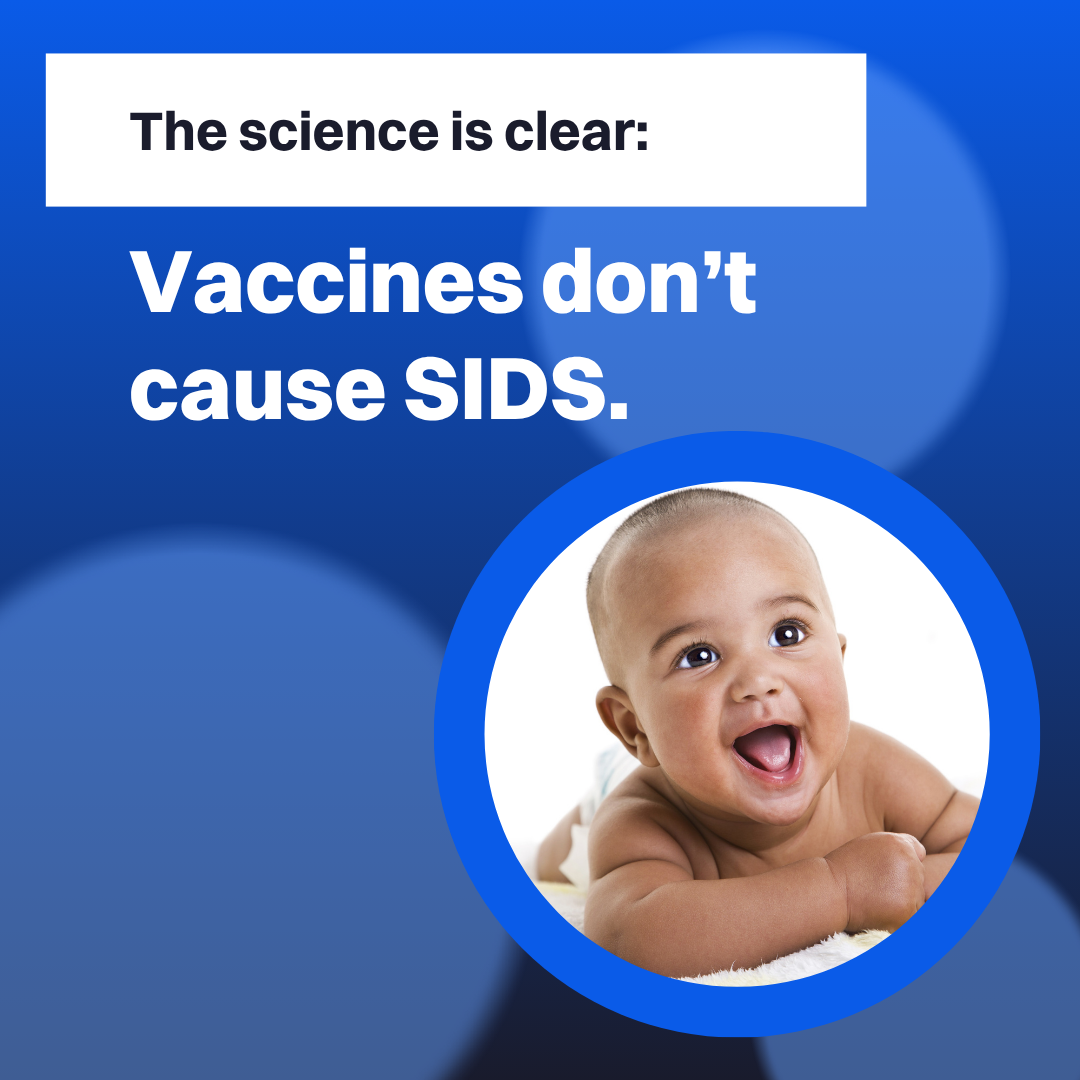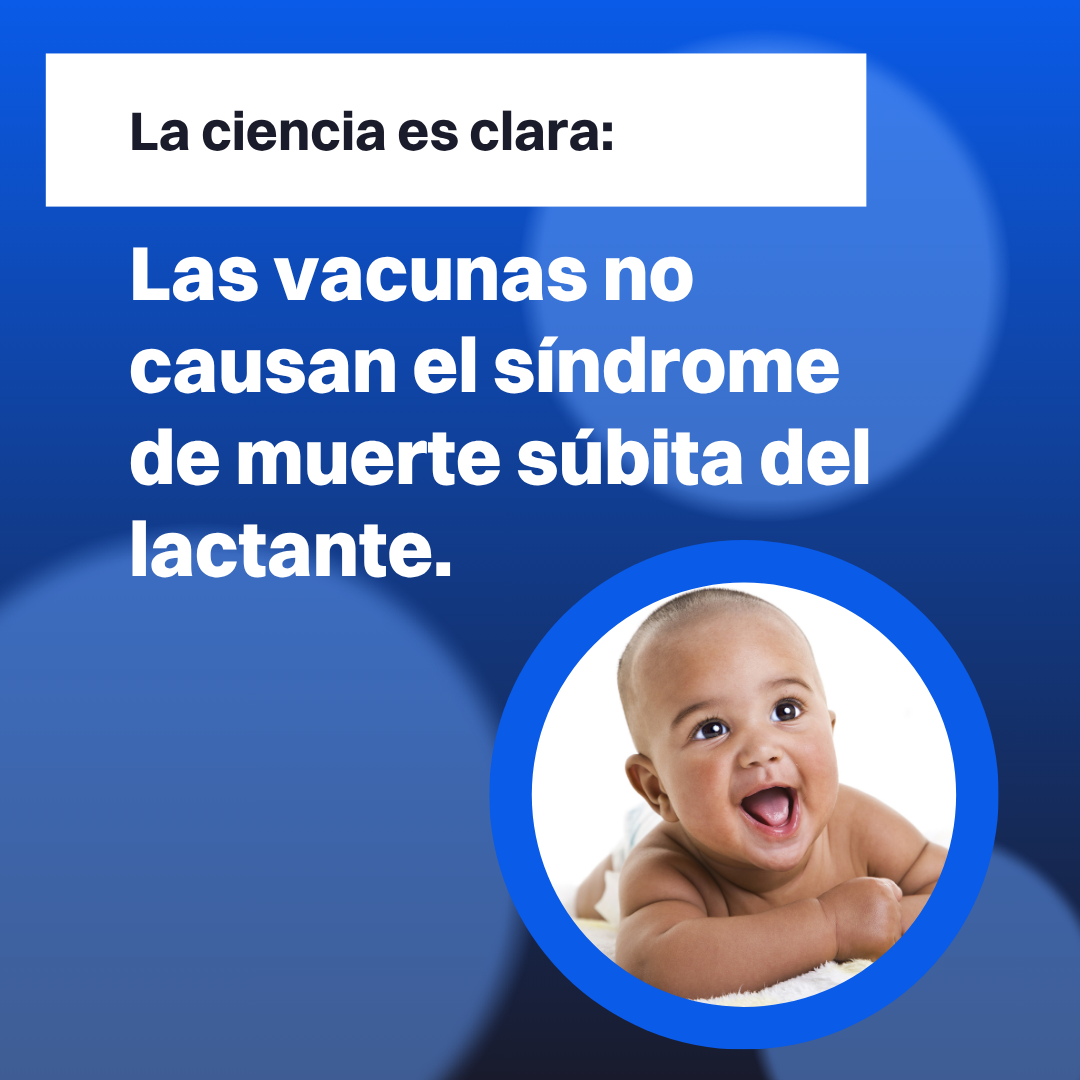HHS shake-up fuels confusion and concern about vaccine policy
This month, changes to the CDC’s vaccine advisory committee and updates to the federal COVID-19 vaccine recommendations dominated online discussions about vaccines. On June 9, Health Secretary Robert F. Kennedy Jr. removed all 17 members of the CDC’s Advisory Committee on Immunization Practices just two weeks before the committee’s meeting on COVID-19 vaccines. While Kennedy called it “a clean sweep” that’s “needed to re-establish public confidence in vaccine science,” the move drew harsh criticism from vaccine and public health experts, particularly after he appointed several well-known vaccine opponents to the committee. The decision came days after Kennedy announced that the CDC would stop recommending COVID-19 vaccines for healthy children and pregnant people, raising concerns about vaccine access. Meanwhile, a dubious new analysis with ties to anti-vaccine and alternative health organizations reignited false claims that vaccines are linked to sudden infant death syndrome.
For even more resources, check out the menu above for real-time insights, training resources, and more. Specifically curated for people working in health care and public health, these links provide actionable content to help navigate today’s information landscape.
Trending narratives from the past month
New CDC guidance sparks concern about COVID-19 vaccine access
The HHS secretary announced in a May 27 video that the CDC is ending recommendations of COVID-19 vaccines for healthy children and pregnant people. The announcement drew significant attention online, in the U.S., and worldwide. Many social media users responded with concern, highlighting the near-universal condemnation by experts in the field, including OB-GYNs, pediatricians, and infectious disease researchers. Other commenters touted the guidance change as a “step in the right direction” and called for COVID-19 vaccines to be further restricted or banned entirely. Read the fact checks here and here.
Public responds to the replacement of CDC vaccine advisors with controversial figures
On June 9, Kennedy announced that he had removed all 17 members of ACIP in advance of the committee’s meeting to discuss COVID-19 vaccines. Kennedy previously accused ACIP members of having conflicts of interest, an accusation that is not supported by evidence. Days later, he named eight new ACIP members, several of whom are prominent anti-vaccine figures. Public health and vaccine experts condemned the move as “reckless” and “dangerous,” arguing that it will further undermine public trust in vaccines and health agencies. Social media posts about the news garnered millions of views and thousands of replies. Many commenters were critical of Kennedy and worried that COVID-19 and flu vaccines wouldn’t be available in the fall. Some vaccine opponents celebrated the news as “long overdue,” while others urged Kennedy to completely disband federal health agencies. Read the fact checks here and here.
Dubious study revives the myth that vaccines cause SIDS
Vaccine opponents have been circulating a study published in late April, claiming it proves the debunked myth that childhood vaccines are linked to SIDS. The study, which was authored by two individuals with no vaccine expertise, claims to have found that infant levels of an enzyme called CYP450 prevent them from properly metabolizing certain vaccine ingredients, causing brain stem failure and SIDS. The study presents no evidence that vaccines cause SIDS or are linked to SIDS in any way, but a press release about the study recommends supplements after infant vaccination to prevent SIDS. Notably, one of the study’s authors chairs an alternative medicine organization that promotes therapeutic vitamins and supplements, while the other is an “independent researcher” who has co-published numerous anti-vaccine studies. Anti-vaccine blogs and social media accounts claimed the study is a “bombshell” that proves the decades-old anti-vaccine myth is true. Read the fact checks here and here.
What you might say in response
COVID-19 vaccines are safe and the best protection against severe illness and long COVID for children and pregnant people.
- COVID-19 poses risks to people of all ages, including healthy children and teens. Pregnant people are at particularly high risk of serious illness and complications from COVID-19.
- Getting vaccinated reduces the risk of severe illness and long COVID in children and protects pregnant people and their newborns.
- Experts rigorously test all COVID-19 vaccines for safety and effectiveness before they are approved for use. Nearly five years of research confirm that COVID-19 vaccines are safe.
For over six decades, vaccine advisors have provided expert guidance that helps keep us healthy.
- The CDC’s vaccine advisors are independent experts who provide evidence-based vaccine guidance, influencing who can get vaccines and what vaccines are covered by insurance.
- All previous CDC vaccine advisors were selected based on their expertise and qualifications. Claims that they have conflicts of interest are dishonest and based on a misrepresentation of a 20-year-old report.
- The U.S. has had many robust systems in place for decades to ensure all vaccines are safe and effective.
- Your health care provider is always the best source to answer questions about vaccines for you and your family.
Decades of research prove that vaccines don’t cause SIDS. They protect babies from preventable and deadly diseases.
- Anti-vaccine advocates have spent decades frightening parents with the myth that vaccines cause SIDS. The reality is that no research has ever found a link between SIDS and any vaccine.
- Many studies have found that SIDS occurs at the same rate in vaccinated and unvaccinated children. Yet, there is also some evidence that vaccinated infants are at lower risk of SIDS, compared to unvaccinated infants.
- Pediatricians recommend following safe sleep practices to reduce the risk of SIDS.
What we’re reading
- CIDRAP: Viewpoint: Eroding trust by making COVID vaccine decisions with no transparency
- KFF: ACIP, CDC, and Insurance Coverage of Vaccines in the United States
- The Conversation: Game theory explains why reasonable parents make vaccine choices that fuel outbreaks
The Common Health Coalition recently launched the 2-4-2 Digest, a weekly snapshot that provides four key insights for health leaders and can be read in two minutes or with two swipes on your phone. Sign up for the next weekly edition.
Studies, resources, and trainings
Sign up for the Trusted Messenger Program, a comprehensive series of online or in-person trainings, resources, models, and workshops that help health care providers develop the skill they use most and that is most critical to their success: communication.
- Nature: How to speak to a vaccine sceptic: research reveals what works
- Human Vaccines & Immunotherapeutics: The complex landscape of vaccine hesitancy and hesitant adopters: Quantitative predictors and thematic insights into COVID-19 vaccine attitudes
PopHIVE from the Yale School of Public Health: Earlier this week, the Yale School of Public Health launched PopHIVE, a platform that gives the public near real-time, reliable health data. Short for Population Health Information and Visualization Exchange, PopHIVE helps public health professionals, policymakers, and community members understand local public health trends. The dashboards cover a range of topics, including childhood immunizations, chronic diseases, and more, with injury and overdose and other topics coming soon.
Interested in learning more about how to debunk false claims with patients? Check out the new Infodemiology Training Program. In videos that range from 5 to 10 minutes each, the program introduces health care providers to the basics of infodemiology and provides you with actionable skills to help improve patient care. Get started today.
Quick response media assets
Below, we've provided a social media asset in English and Spanish. Use these assets on social media to fight false claims and help provide your network with accurate information. Just right-click the asset, or press and hold on mobile, to download.

Proposed social copy:
Research has never found a link between any vaccine and SIDS. Despite anti-vaccine myths designed to scare parents, vaccines protect babies from preventable and deadly diseases. And some research suggests that vaccines may actually lower SIDS risk.

Publicación propuesta:
Las investigaciones jamás han encontrado una conexión entre ninguna vacuna y el síndrome de muerte súbita en los bebés. A pesar de los mitos sobre las vacunas diseñados para asustar a los papás, las vacunas protegen a los bebés de enfermedades prevenibles y mortales. Es más, algunas investigaciones sugieren que es posible que las vacunas reduzcan el riesgo del síndrome de muerte súbita en los bebés.
The Health Care Infodemiology Brief is brought to you by PGP, the health care leadership of the Trusted Messenger Program, and Infodemiology.com’s sponsors and partners.
